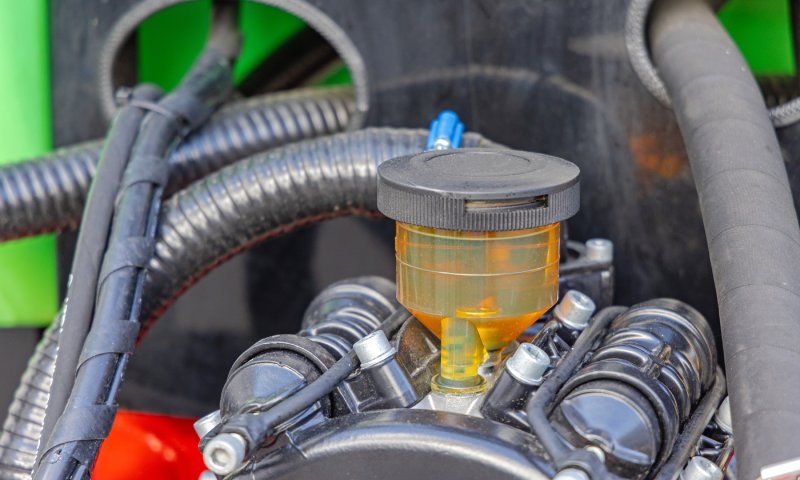Choosing the Right Hydraulic Oil for Your Equipment

Choosing the right hydraulic oil for your equipment can be daunting, but it is necessary for maintaining peak performance and longevity. Using the wrong oil can lead to inefficient operations, increased wear, and potential system failure. Here is what you need to know to make the best decision for your equipment.
Understanding Viscosity
Viscosity is a primary consideration when selecting hydraulic oil. It affects how oil flows through the system, which impacts efficiency and wear rates. Choose an oil with a viscosity that matches your equipment’s operating conditions for optimal performance.
Using oil with the wrong viscosity can lead to excessive energy consumption or insufficient lubrication, which can cause damage over time. Always consult your equipment’s manual for recommendations on the appropriate viscosity range.
The Role of Additives in Hydraulic Oil
Additives can improve lubrication, prevent rust and oxidation, and reduce foaming, all of which contribute to the longevity of your equipment. Selecting an oil formulated with the right additives keeps your system clean and running efficiently.
Pay attention to your equipment’s needs and operating conditions to choose an oil with additives that provide the most benefit. For example, a high-pressure system may need an anti-wear additive to protect against metal-to-metal contact, while a system with frequent start-ups may benefit from an anti-foaming agent to prevent air bubbles from forming in the oil.
Temperature Stability: A Key Consideration
Hydraulic systems often operate under extreme temperature conditions and require oils that maintain their performance under stress. One key property of heavy-duty hydraulic oil is that it maintains its performance in extreme temperatures. This guarantees consistent operation and protection against thermal degradation.
Oils that perform poorly at temperature extremes may lead to system inefficiencies and increased wear. For optimal performance, always choose oils designed to withstand your operating environment’s temperature fluctuations.
Compatibility With Seals and Materials
Another important factor in choosing the right hydraulic oil is its compatibility with your equipment’s seals and materials. Incompatible oils can cause seals to swell, shrink, or degrade, leading to leaks and system failures. Verify that the oil you choose is compatible with your hydraulic system.
Consult your equipment manufacturer for guidance on suitable oils that will not negatively interact with your system’s components. Proper compatibility increases your equipment’s lifespan and prevents unnecessary downtime.
Environmental Considerations and Oil Choice
Environmental considerations increasingly influence the choice of hydraulic oils. Biodegradable and nontoxic options are available for systems operating in environmentally sensitive areas. These oils minimize environmental impact while providing the necessary protection and performance for your equipment.
Choosing environmentally friendly oils can align with your organization’s sustainability goals and regulatory requirements. Consider the impact of oil disposal, and select options that reduce pollution and environmental harm.
Optimal equipment performance hinges on selecting the right hydraulic oil. By considering these factors, you ensure efficient and reliable operations. Making the right choice will prolong your equipment’s life and enhance performance.
Would you like to receive similar articles by email?




